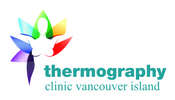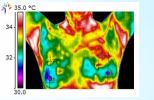Many studies have shown higher estrogen (Estradiol) levels in women with breast cancer compared to women without breast cancer. If we can reduce the levels of Estradiol, we can reduce the risk of breast cancer in women. How can you do that?
Did you know the most effective way of reducing your estrogen levels is by practicing good dietary measures?
For the complete article or to sign-up for Dr. Mostovoy's blog, please click here.
- Limit the use of estrogen-promoting commercial products
- Reduce the exposure to industrial pollutants
- Reduce or eliminate the processed foods with high levels of estrogen-mimicking chemicals
- Some women use products such as I#C, DIM, Calcium-D-Glucorate to reduce the levels of estrogen in their body
Did you know the most effective way of reducing your estrogen levels is by practicing good dietary measures?
- Reducing the amount of coffee and alcohol for women who are on prescribed bio-identical progesterone or testosterone, as they convert certain hormones to estradiol.
- Reducing the amount of animal-based foods you consume as they may contain fat that retains toxic elements and possibly estrogenic hormones.
- Increasing fibre in your diet as it binds to estrogen in the intestinal tract which assists in the elimination of estrogen in the body.
For the complete article or to sign-up for Dr. Mostovoy's blog, please click here.


 RSS Feed
RSS Feed